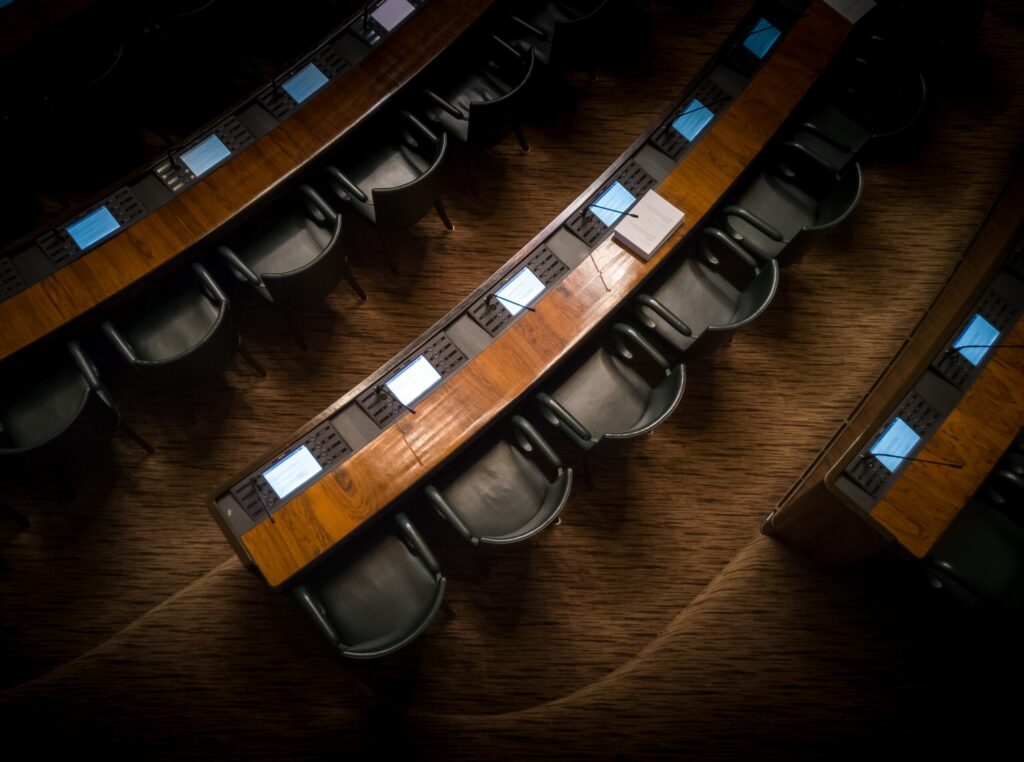

The Ninth National People’s Congress (1998) ratified a wide-ranging restructuring of China’s state bureaucracy, including the merger of the ministries of electronics, of radio, film and television, and of telecommunications. It is tempting to see in the creation of the new Ministry of Information Industries (MII) a move towards convergence in policy and regulation of China’s emerging electronic communications industries.
Download the paper here
Photo by Joakim Honkasalo